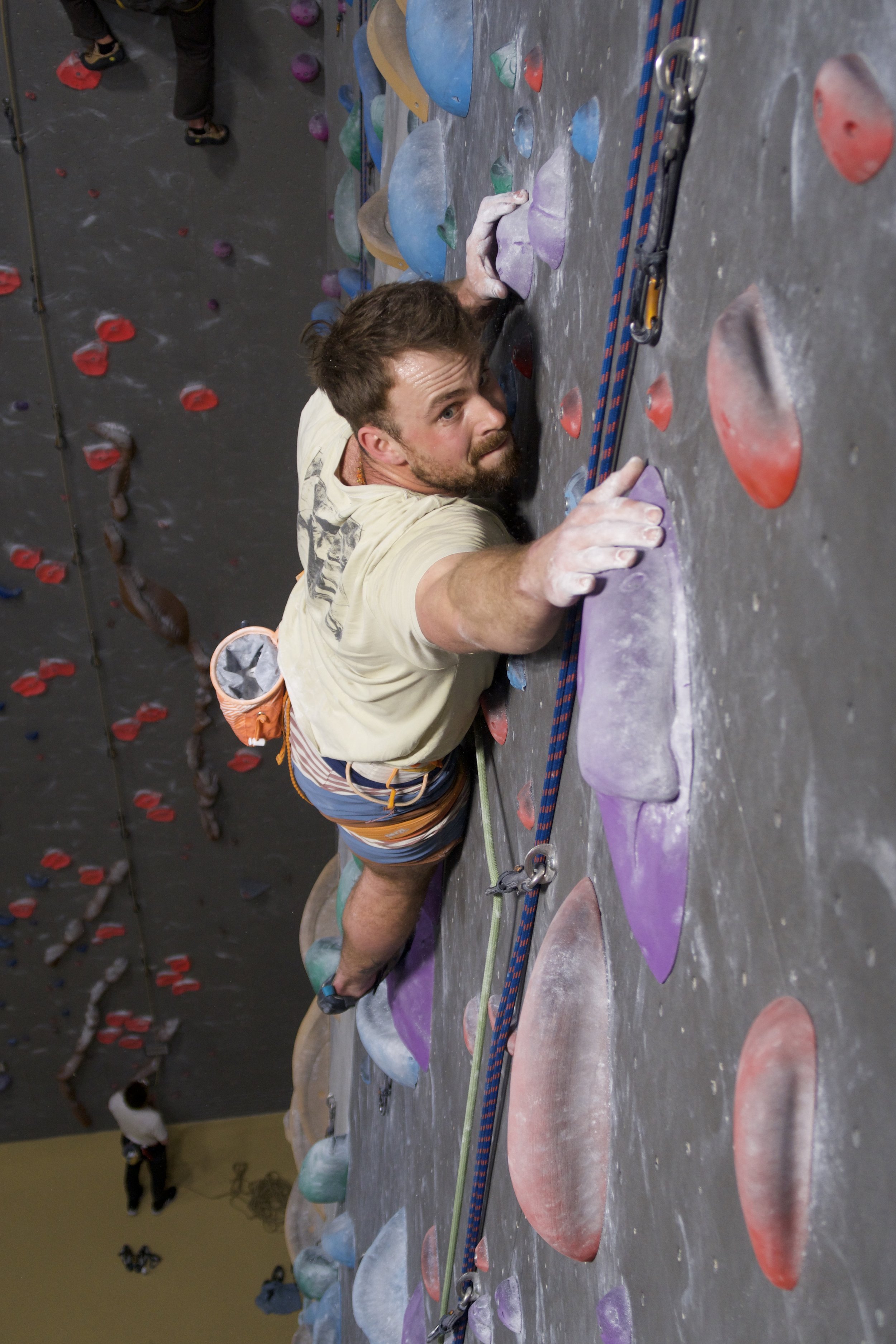3 dates of 3 hours each can be chosen freely (Tuesday, Wednesday, Friday).
Different days can be booked in agreement with participants’needs
-
We carry out a series of tests to determine the current status and set a realistic timeframe for the target.
-
Hypertrophy training, barbell and body weight, resistance training (theraband) and isometric training (body tension)
-
Fingerboard and spraywall training, campus and kilterboard.
-
Specific endurance training with boulder and lead (autobelay as well) climbing
-
We climb routes together similar to your project, and work out your personal climbing strategy. Here video analysis of your own climbing is very usefull.






